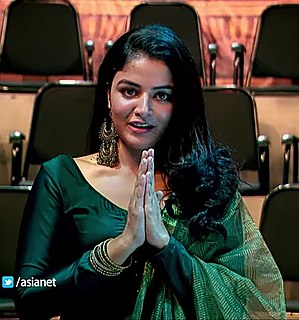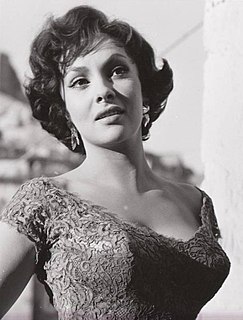A Quote by Steven Soderbergh
Cinema is not about format, and it's not about venue. Cinema is an approach. Cinema is a state of mind on the part of the filmmaker. I've seen commercials that have cinema in them, and I've seen Oscar-winning movies that don't. I'm fine with this.
Related Quotes
More than my other films, Uncle Boonmee is very much about cinema, that's also why it's personal. If you care to look, each reel of the film has a different style - acting style, lighting style, or cinematic references - but most of them reflect movies. I think that when you make a film about recollection and death, you have to consider that cinema is also dying - at least this kind of old cinema that nobody makes anymore.
I want viewers want to talk about The Conquest. I want the dialogue to start after the movie. The cinema is there to leave a trace. I hope my film leaves a trace and that it will open a door for French cinema and that tomorrow other directors will make political movies. The job of a filmmaker today is to talk about the world surrounding him and, through his movies, to both entertain and raise questions about modern society.




































